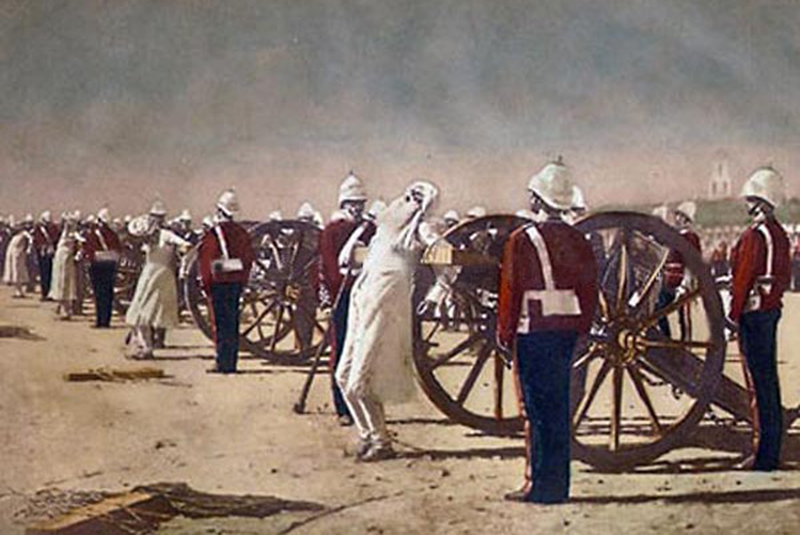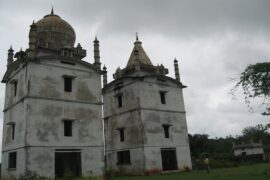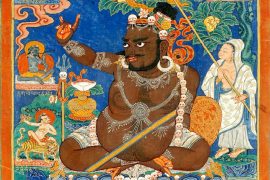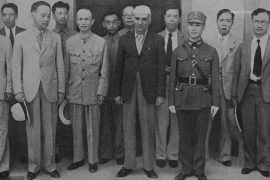“We do not want to punish Dyer. We have no desire for revenge. We want to change the system that produced Dyer.” – Gandhi
The massacre at Jallianwala Bagh, Amritsar in April 13, 1919 was the tipping point that exposed the idea of benevolent British rule as a myth. A convoy of armed soldiers opened fire on an unarmed crowd – who had nowhere to run. In the most conservative account, 379 were killed with over a thousand injured. At highest toll, over one thousand were killed. Whichever estimate you take, it happened on order of General Reginal Edward Dyer.
It’s important to understand how this could have happened, because incidents like these can always happen again in places where the military replaces civil law. After all, large gatherings continue to be suppressed by acts of force. The Morichjanpi Massacre of 1978-79 was similar in many ways – where hundreds of refugees on a mangrove island in West Bengal were blockaded until starvation and then fired upon by the police. Like Jallianwala Bagh, the true death toll was masked by the authorities.
This year, on the 98th anniversary of the massacre in Amritsar, a video surfaced from Kashmir showing the Army using a civilian as a human shield by strapping him to the bonnet of a jeep. Like General Dyer’s act, this too was meant to be a ‘warning’ to rebellious forces. It reminds us that there is always the potential for the military to overstep its reach. But it takes a special set of circumstances for something like the Jallianwala Bagh massacre to happen – a combination of colonial impunity, and troops who don’t question what they’re told to do, even if it means killing their compatriots.
-30-
Copyright©Madras Courier, All Rights Reserved. You may share using our article tools. Please don't cut articles from madrascourier.com and redistribute by email, post to the web, mobile phone or social media.Please send in your feed back and comments to [email protected]











